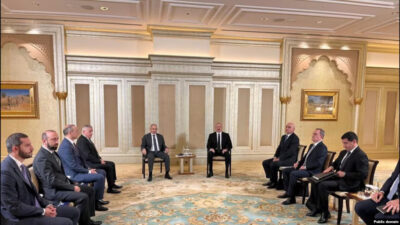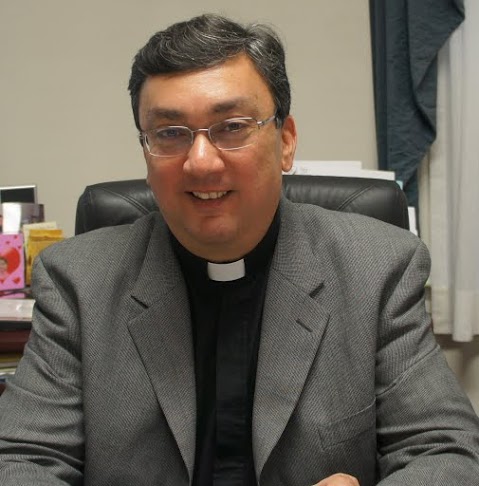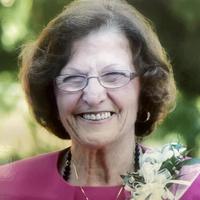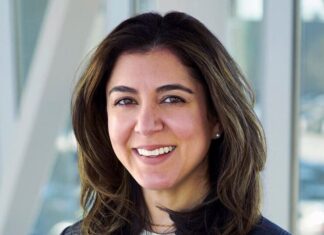WATERTOWN — The unthinkable has happened and the globe has gone into shutdown mode. How do Armenian churches and the members of the clergy handle this situation, especially in April, a month in which the church celebrates its holiest holiday, Easter, and marks the darkest of days, April 24?
Several members of the clergy interviewed were articulate not only about the difficulties and challenges they are facing, but also the hope they can offer using technology and the communion they feel with their members.
Fr. Vasken Kouzouian, the pastor of Holy Trinity Armenian Church in Cambridge, like the other members of the clergy interviewed, stressed that while it is new territory holding virtual services, it is the spirit that counts.
“I am trying to find different ways of reaching out, in meaningful ways, ” Kouzouian said.
He was interviewed on Easter Sunday and noted that just a couple of hours ago, he was conducting a service in church, celebrating the Resurrection, working with his wife, Arpi, who was filming.
Many, Kouzouian said, “are grateful the church is still there for them. This is the reality for this year but we haven’t lost touch with our people.”











